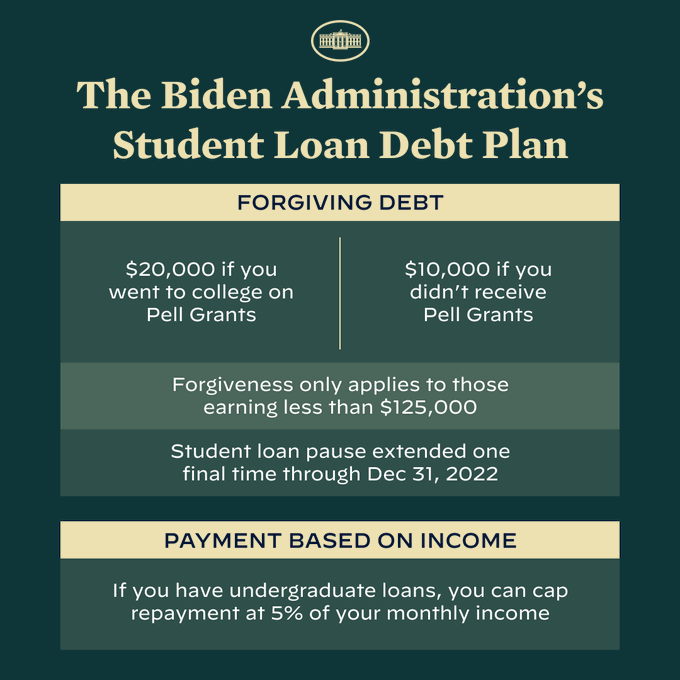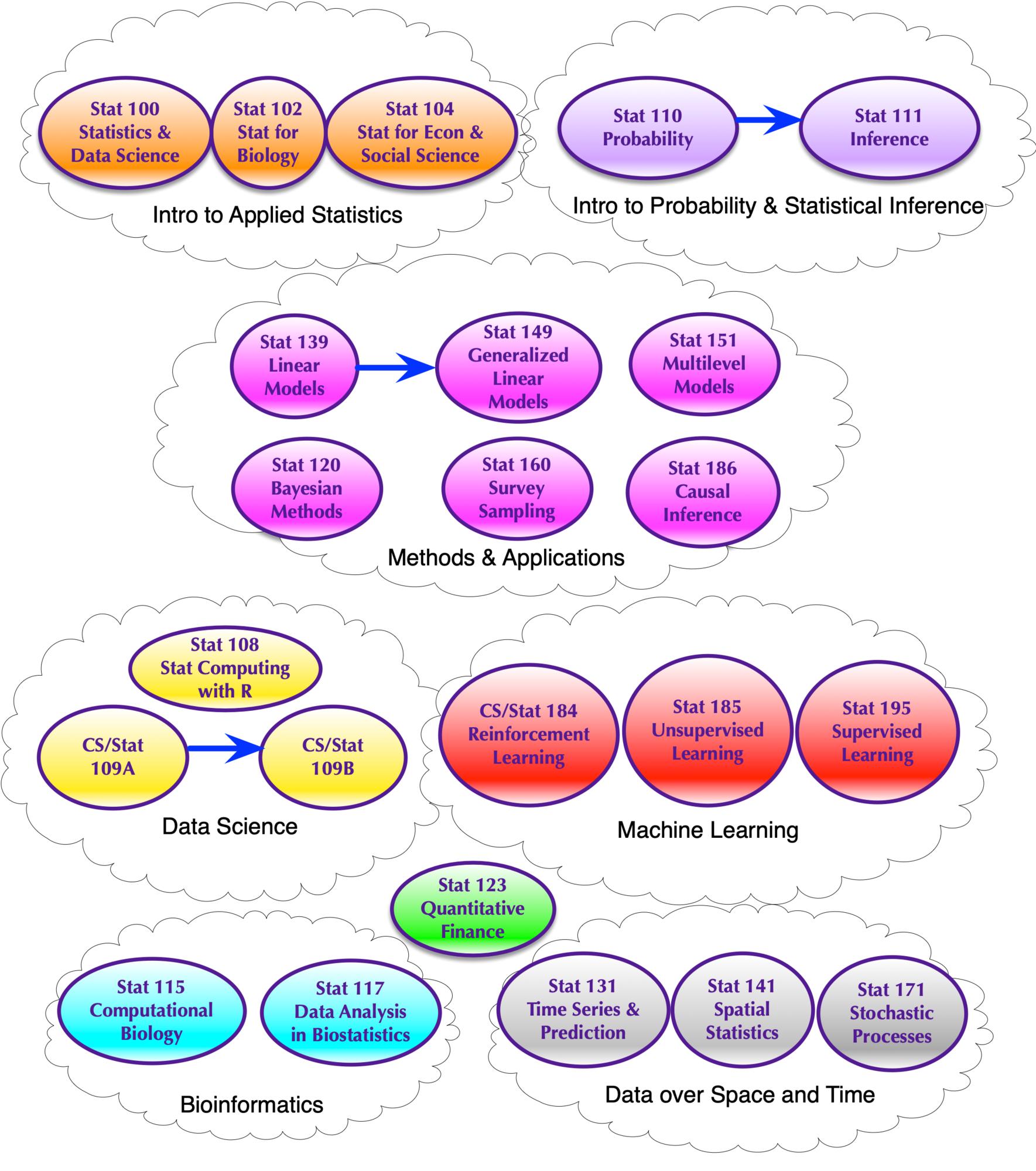
Many scholarships are available for students who plan to go to college or those with a degree already. Scholarships can be a great way of paying for school and increasing your chances to get into the field you want.
The state of Illinois offers a variety of scholarships for students pursuing a variety of career paths, including those in health care and education. Although many scholarships are full tuition, they may also require strong GPAs and financial need.
Some scholarships are made specifically for minority students such as the Golden Apple Scholarship, or the Minority Teachers of Illinois Scholarship. These scholarships are designed to help students of Asian, Hispanic, and black descent who wish to become teachers.

There are also many general grants and scholarships that are offered by the state government that you should check out. Although they aren't as well-known as the scholarships, they can be a good starting point for your scholarship search.
The Illinois General Assembly Legislative Scholarship for residents is available at all state-supported universities in Illinois. Each member of the state's General Assembly is allowed to nominate two eligible college-bound students to receive a scholarship, which can be for a one, two or four year duration.
The Environmental Career Scholarship is another scholarship option for high school students who are interested in science. It provides $500 to Illinois students who wish to pursue degrees in water resources and related fields. All applicants must prove financial need and academic achievement.
The Crystal Charitable Fund offers scholarships for youth in Chicago who wish to study abroad, intern or take college courses. The organization accepts applications from 13-to-19-year-olds who are facing difficult financial and family situations, and have a 3.0 GPA or higher.

Illinois Future Teachers Corps Scholarships can give up to $10,000 per academic year towards tuition to high school students interested in teaching. This program was created to address teacher shortages in schools that are underserved and in specific subject areas such as science or math.
In addition to tuition assistance, the scholarship may cover living expenses and travel costs during your time in college. Recipients must not only demonstrate financial need but also agree to teach at a public, private, or intermediate school in Illinois for a specified amount of time.
Several national organizations award scholarships for students pursuing education majors in Illinois, with a few offering support for nursing and medical training as well. These programs are very selective and accept only students from certain areas, counties or cities. In some cases, they even have special residency requirements! Before you submit an application, be sure to read the regulations.
FAQ
What do you need to become a teacher in early childhood?
The first step is to decide if you are interested in a career as an early childhood educator. If so, then you will need to get your bachelor's degree. Some states require students to earn a master's degree.
You'll likely have to take classes during the summer. These courses can be taken to learn about topics such as pedagogy and curriculum design.
Many colleges offer associate degree programs that lead directly into a teaching certificate.
Some schools offer certificates or bachelor's degree in early childhood education. But others only offer diplomas.
Additional training may not be necessary if you intend to teach at home.
Should I choose to specialize in a single subject or branch out into other areas?
Many students prefer to focus on one subject, such as English, History, Math, rather than branching out into other subjects. It isn't necessary to specialize in every subject. For example, if you're considering becoming a physician, you could choose to specialize in either internal medicine or surgery. You could also choose to specialize in family practice, pediatrics, gerontology or neurology. If you're interested in a career as a business professional, you can focus on management, finance or operations research. It's your choice.
What exactly is a school of trade?
People who are not able to succeed at traditional higher education institutions can earn a degree through trade schools. They offer career-focused programs designed to prepare students for specific careers. Students enrolling in these programs typically complete two years of coursework in a single semester and then enter into a paid apprenticeship program where they learn a job skill set and receive on-the-job training. Trade schools can include technical schools, community colleges and junior colleges as well as universities. Associate degrees are offered by some trade schools.
What is homeschooling?
Homeschooling is an educational method where children are educated at home by their parents. It is also known as private education, self-education, or home educating.
Homeschooling is a great option for families who want to teach their kids at home. They can receive a high-quality education at home.
The parents educate their children from birth to high school. They decide which subjects they will study and how long each one should be. Every subject is taught by the student in his/her own time.
Parents decide when to begin teaching their children. Many schools recommend children attend classes starting at the age of four or five. However, some families choose to wait to begin teaching their children until they reach kindergarten.
Any number of resources can be used by parents to guide them through the curriculum. Books, videos, websites, and even magazines provide valuable lessons.
Many families find homeschooling a great fit for their busy schedules. Homeschooling allows parents to spend more time with their children, than traditional public schools.
What is the average salary of a teacher in early childhood education? (earning potential)
A teacher in early childhood earns an average salary of $45,000 per annum.
However, there are areas where salaries tend to be higher than average. Teachers in large urban schools receive higher salaries than teachers in rural schools.
Salaries also depend on factors such as the district's size and whether or not a teacher has a master's or doctorate.
Teachers start off making less money than other college graduates simply because they don’t have much experience. Over time, however, their wages can increase dramatically.
What is early child education?
Early Childhood Education is a field devoted to helping children develop into healthy, happy adults. It covers everything, from teaching them to read to preparing them to go to kindergarten.
Early childhood education has the goal of helping children learn and grow by offering them age-appropriate experiences.
Early childhood educators are frequently called upon by parents to assess the developmental needs and abilities of any child they encounter. This helps to decide if a particular program would benefit each child.
Parents can also interact with teachers and other professionals with experience with young children through early childhood programs.
Parents play an important role in an early childhood education as well. They should know how to take care of their children properly and provide support and guidance when necessary.
Parents can also participate in activities designed to teach their children skills they will need throughout their lives.
Sometimes, early childhood education is also called preschool education. However this term is interchangeable with daycare centers. Prekindergarten education typically begins around three years, while early childhood education generally starts at three.
Statistics
- And, within ten years of graduation, 44.1 percent of 1993 humanities graduates had written to public officials, compared to 30.1 percent of STEM majors. (bostonreview.net)
- Globally, in 2008, around 89% of children aged six to twelve were enrolled in primary education, and this proportion was rising. (en.wikipedia.org)
- These institutions can vary according to different contexts.[83] (en.wikipedia.org)
- Data from the Department of Education reveal that, among 2008 college graduates, 92.8 percent of humanities majors have voted at least once since finishing school. (bostonreview.net)
- Think of the rhetorical power of nineteenth-century abolitionist Harriet Beecher Stowe, Martin Luther King, Jr., or Occupy Wall Street activists with their rallying cry of “we are the 99 percent.” (bostonreview.net)
External Links
How To
Where can you find a teacher job?
Teacher jobs are available at public elementary schools, private elementary school, private middle schools. Public secondary schools, public secondary secondary schools. Private secondary schools. Charter schools. Public and private Catholic schools. Public and private daycare centers.
A bachelor's degree at one of the following institutions is necessary to become a teacher.
-
A four-year college or university
-
A program for associate's degrees
-
Two-year community college programs
-
These programs may be combined
To be eligible for teacher certification, applicants must satisfy state requirements. These include passing standardized tests and completing a probationary period of work experience.
Most states require that all candidates pass the Praxis 2. This test assesses the candidate's reading, writing, mathematics, as well as language arts knowledge.
A lot of states also require applicants to have a specialized licence before they can be certified to teach.
These licenses are issued by the states' boards of education.
Some states grant licenses without requiring any additional testing. In such cases, applicants should contact their state's board for education to find out if it is possible.
Some states will not issue licenses to applicants who have not completed a master's program.
Others allow students to apply directly for licensure to the state board.
There are many licenses available. They vary in cost, length, and requirements.
Some states only require a high school diploma while others require a bachelor’s degree.
Some states have specific requirements for training, such a literacy or child-development course.
Some states require candidates have a master's before they can become licensed.
Many states will ask applicants for their prior employment information when they apply to become certified teachers.
If you worked in another profession, you might want to mention it on your application.
However, states are more than willing to accept previous work experience, regardless of the type of job.
It is possible to list your prior job title, position, as well as years of service.
This information can be very helpful for potential employers.
It shows them that you have relevant skills and experiences.
Working may allow you to learn new skills or gain valuable work experience.
You can showcase this to future employers by putting your resume in their hands.